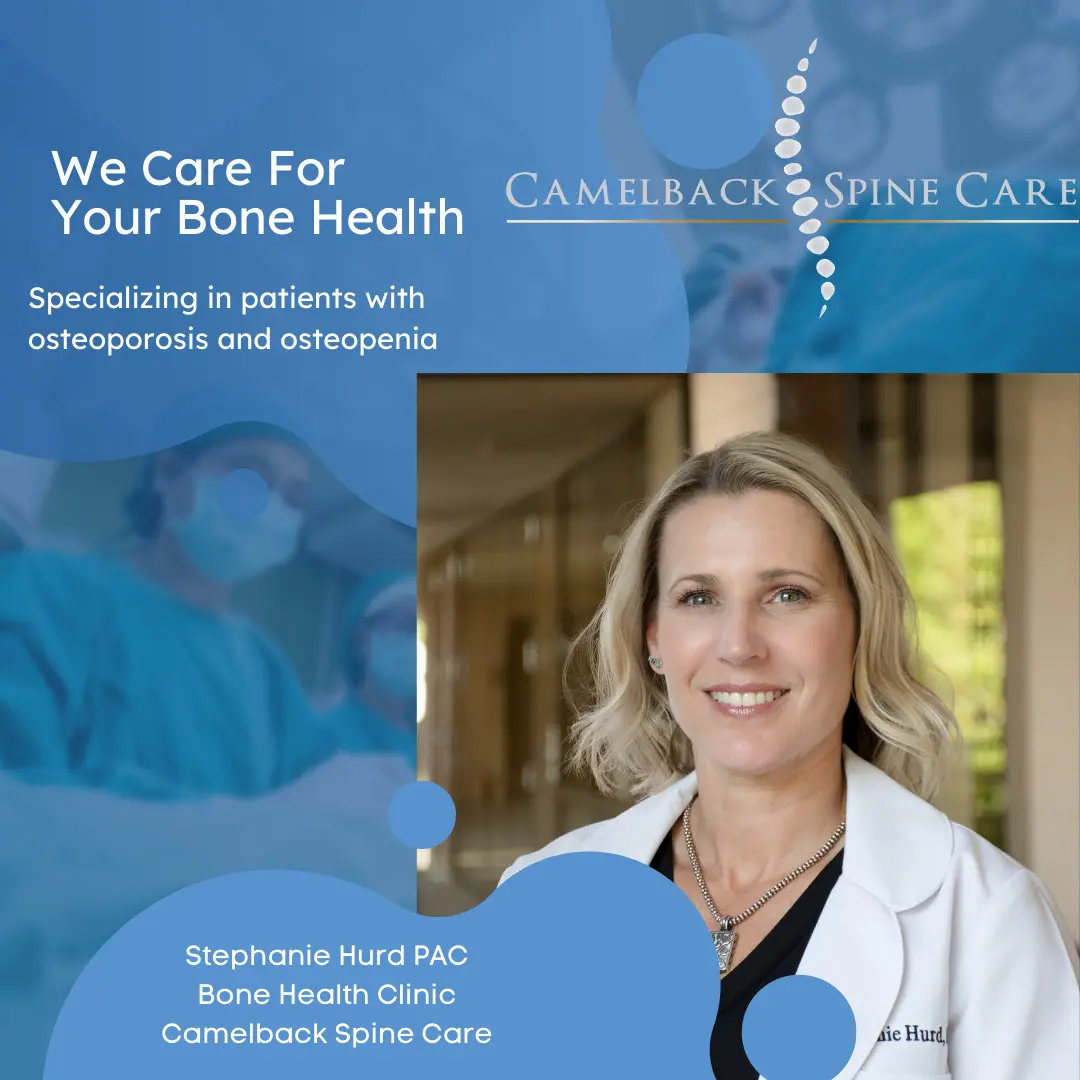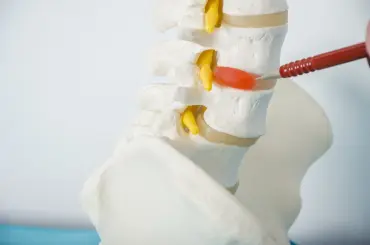What is osteoporosis?
Osteoporosis is a condition in which bone density reduces to the point where the risk of fractures greatly increases.
Osteoporosis is a serious health issue affecting millions of people, resulting in around 2 million fractures per year. 1 in 2 women and a quarter of men over the age of 50 are likely to experience fractures caused by osteoporosis. These fractures may occur after a fall, but if the bone is badly affected, even carrying out everyday tasks can result in a fracture. Osteoporosis has no obvious outward signs or symptoms.
What is osteopenia?
If you have bone loss not significant enough to be osteoporosis, it is considered osteopenia. It can progress into osteoporosis; however, with changes to your diet and exercise, along with early treatment, you can minimize the bone loss process.
What causes osteoporosis?
It's not known for certain what causes osteoporosis, but there are many factors that increase your risk of developing weak and easily broken bones, such as:
How do I know if I have osteoporosis?
You may not know that you have osteoporosis until a strain, bump, or fall causes a bone to break. A bone mineral density test called a DEXA scan can detect bone loss. This test takes about 15 minutes and can be scheduled for you at your bone health appointment. Lab tests can also be obtained to check appropriate levels of calcium and Vitamin D in your blood, which are important for bone health. You may not know that you have osteoporosis until a strain, bump, or fall causes a bone to break. A bone mineral density test called a DEXA scan can detect bone loss. This test takes about 15 minutes and can be scheduled for you at your bone health appointment. Lab tests can also be obtained to check appropriate levels of calcium and Vitamin D in your blood, which are important for bone health.
Treatment options
Treatment options include supplements, bone-building medications, and medications that prevent further breakdown of bone. Taking calcium helps preserve bone quality, and Vitamin D helps your body to absorb the calcium. Medications that prevent further breakdown of bone include bisphosphonates, selective estrogen receptor modulators, and RANKL inhibitors, and medications that help to build bone include sclerostin inhibitors and PTH analogs. These all aim to reduce your risk of fracture. Ask your provider for more information.



.webp)

.webp)
